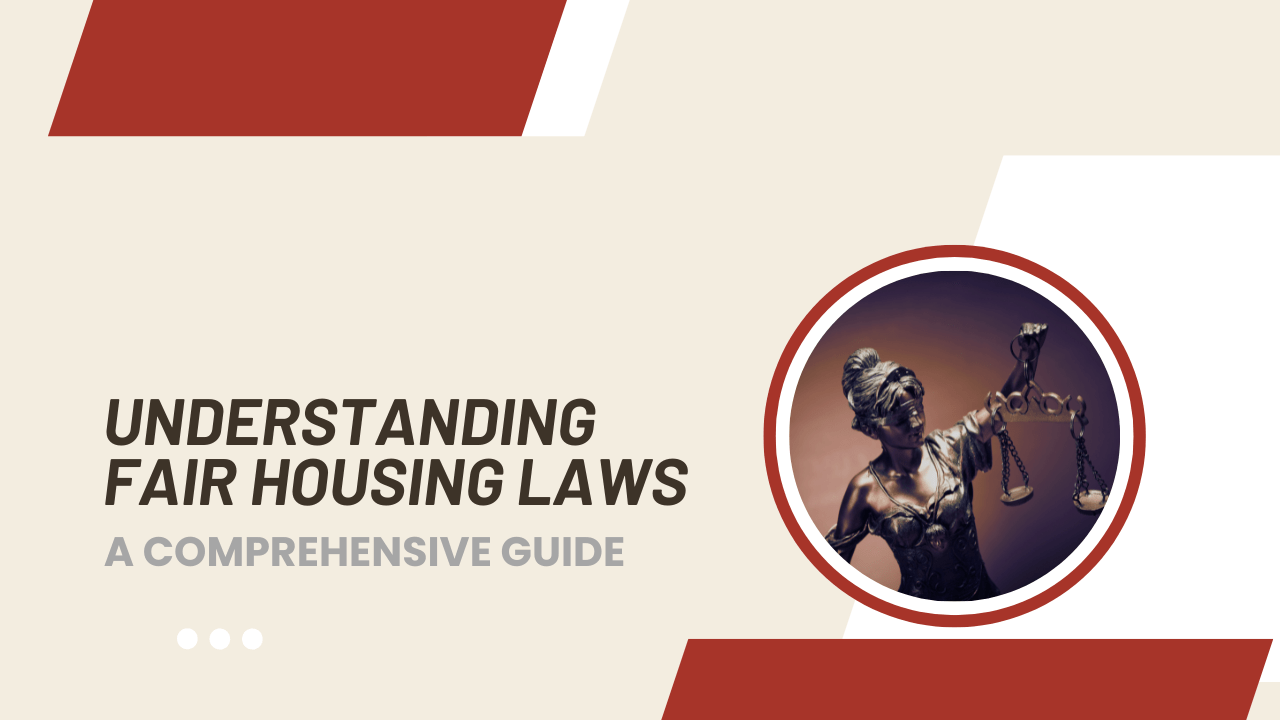Fair housing laws in Washington State are governed by the federal Fair Housing Act and the Washington Law Against Discrimination. Federal laws are enforced by the U.S. Department of Housing and Urban Development, and state laws by the Washington State Human Rights Commission.
While the Fair Housing Act is what all of our anti-discrimination laws are based on, the state laws go a bit further than the federal laws in terms of protections. It’s important for local landlords and rental property owners with homes in this state to understand that our laws go beyond the seven protected classes identified by the federal law.
Quick Overview:
|
We’re helping you understand fair housing laws today. Here’s our comprehensive guide.
Federal and State Fair Housing Protections
While federal laws provide a baseline of protections for tenants, Washington State expands on these protections with its own set of regulations. Knowing the difference between federal and state protected classes is an important part of managing your property responsibly and lawfully.
Federal Fair Housing Act: The Foundation
The Fair Housing Act (FHA), enacted in 1968 and amended over time, prohibits housing discrimination based on:
Race
Color
National origin
Religion
Sex (including gender identity and sexual orientation)
Familial status (presence of children under 18)
Disability
These categories form the foundation of fair housing protections nationwide. Under federal law, landlords may not refuse to rent, set different terms, or otherwise treat tenants or applicants differently based on these traits.
Washington State: Expanding Protections
Washington State goes further, offering broader protections under the Washington Law Against Discrimination (WLAD) and other state laws. In addition to the seven federally protected classes, state law includes:
Sexual orientation and gender identity or expression (also covered federally, but made explicit in state law before federal interpretation caught up)
Marital status
Veteran or military status
Creed (belief system or philosophy, broader than religion)
Use of a service animal
Immigration or citizenship status (protected under some local ordinances)
Source of income (including housing vouchers and public assistance)
Washington law also includes strong protections for individuals with disabilities, requiring landlords to make reasonable accommodations and allow modifications to a unit when necessary.
Source of Income: A Key Difference
One critical area where state law diverges from federal protections is source of income. Under federal law, landlords are not required to accept housing vouchers like Section 8. However, in Washington, it is illegal to refuse a tenant solely because they use a housing voucher, Social Security, child support, or other legal income sources to pay rent.
Local Ordinances May Go Further
Some cities in Washington, like Seattle, have enacted even more stringent regulations. Seattle, for example, prohibits discrimination based on political ideology and has "first-in-time" rules that govern how rental applications are processed. If you operate in or near an urban area, it’s important to check municipal codes in addition to state and federal laws.
Here’s What Fair Housing Laws Prohibit
Most mistakes are made when rental property owners do something that they didn’t realize was prohibited. Here’s what to be careful of:
You cannot refuse to rent to someone, nor can you be dishonest or misleading about the availability of a rental unit because of their protected class.
Discriminating in the terms and conditions of rental because of a resident’s protected class is not permitted. This includes creating unequal rules or regulations against a particular group of people, or unequal enforcement of rental agreement rules, or denying access to amenities based on membership in a protected class. Be consistent.
Your listings cannot indicate any preference, limitation, or discrimination based on a protected class. For example, advertising a preference for a tenant with no children is discriminatory.
Fair housing laws also protect applicants and residents who live with or are associated with people in protected groups. If your tenant has a family member in a protected group, you cannot treat them differently because of it.
Reasonable accommodations to a person with a disability is required. You cannot refuse to allow a disabled resident to make reasonable modifications.
You may not realize that some of your policies have a disproportionately adverse effect on a protected class. Unless there is a valid business reason for the rule or policy, make sure there’s nothing associated with your process of renting out homes that would discriminate against those who are disproportionally affected. This most often shows up in criminal reports when you’re screening.
It’s also not legal to retaliate against a resident or applicant because he or she has asserted fair housing rights or has been a witness in a fair housing investigation. This type of retaliation is not allowed when you’re renting out a property, raising rent, or contemplating an eviction. For example, maybe a landlord you know refused to make repairs for a resident, so that resident filed a complaint. If you later refuse to rent to that resident simply because they filed a complaint against another landlord previously, you could be violating their fair housing rights. This applies to informal verbal complaints as well as formal discrimination cases filed with a civil rights agency. Even though the original allegation might turn out to be unfounded, if a housing provider takes retaliatory action, a retaliation complaint can be supported.
This can get pretty complicated pretty fast, and it’s easier than you might realize to make a fair housing mistake.
We hate to see it. Violations of fair housing laws can lead to costly penalties, lawsuits, and reputational harm. More importantly, they can cause real harm to tenants seeking safe and stable housing. Staying informed and proactive ensures compliance and promotes a fairer housing market for everyone.
As a landlord, your responsibilities are not only found in collecting rent and maintaining your rental property. Understanding and respecting the full scope of fair housing laws, especially those specific to Washington State, is a law that demands compliance.
 Don’t proceed if there’s any doubt in what you’re doing. Instead, contact a local property manager who knows the laws and can help you stay compliant. We’re willing to answer all your questions. Please contact us at SunWorld Group. We’re here to help with all your property management needs, and provide services throughout Southwest Washington and Southeast Florida.
Don’t proceed if there’s any doubt in what you’re doing. Instead, contact a local property manager who knows the laws and can help you stay compliant. We’re willing to answer all your questions. Please contact us at SunWorld Group. We’re here to help with all your property management needs, and provide services throughout Southwest Washington and Southeast Florida.

